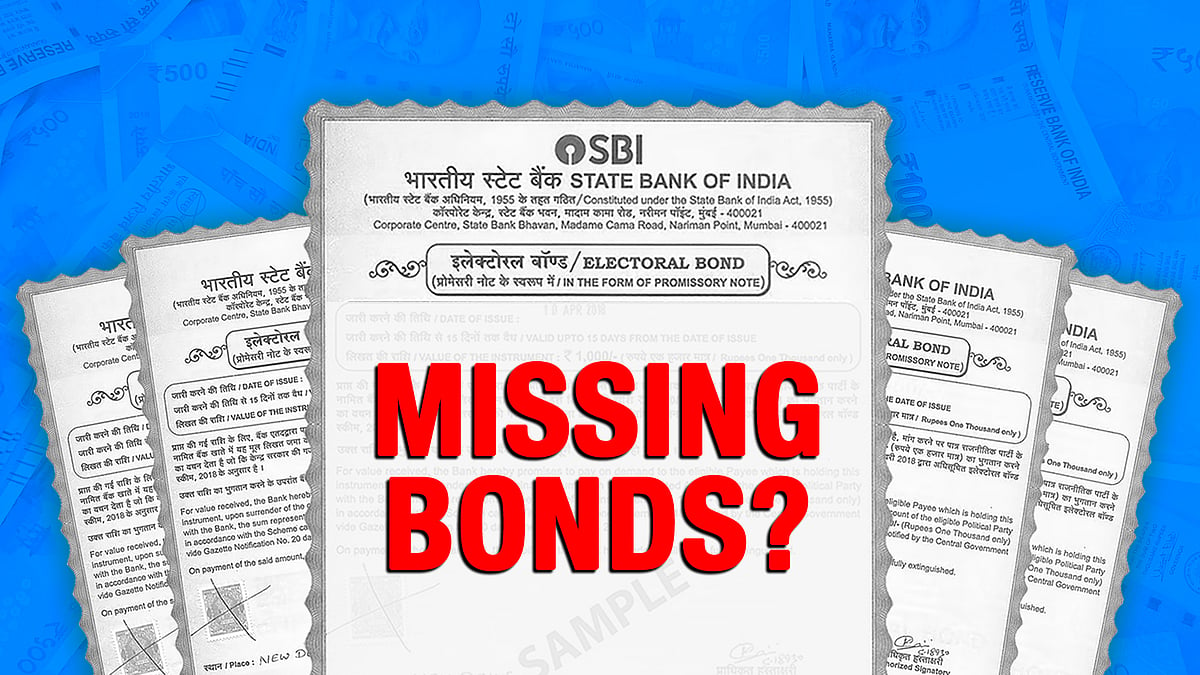Lok Sabha polls: Seven phases starting from April 19, counting of votes on June 4
A total of 96.88 crore people will cast their vote.
After weeks and months of speculation, the Election Commission finally announced the dates for India’s next general election.
The 2024 elections will take place in seven phases, with the first date of polling on April 19. All votes will be counted on June 4, Chief Election Commissioner Rajiv Kumar announced at a press conference.
Phase 1 – Tamil Nadu, Uttarakhand, Sikkim, Meghalaya, Mizoram, Arunachal Pradesh, Nagaland and some constituencies in Rajasthan, Jammu and Kashmir, Uttar Pradesh, Madhya Pradesh, Chhattisgarh, Bihar, Tripura, Manipur, Assam and West Bengal – will vote on April 19.
Phase 2 – Assam, Bihar, Chhattisgarh, Karnataka, Kerala, Madhya Pradesh, Maharashtra, Manipur, Rajasthan, Tripura, Uttar Pradesh, West Bengal, and Jammu and Kashmir – will vote on April 26.
Phase 3 – Assam, Bihar, Chhattisgarh, Goa, Gujarat, Karnataka, Madhya Pradesh, Maharashtra, Uttar Pradesh, West Bengal, Dadra and Nagar Haveli and Daman and Diu, and Jammu and Kashmir– will vote on May 7.
Phase 4 – Andhra Pradesh, Bihar, Jharkhand, Madhya Pradesh, Maharashtra, Odisha, Telangana, Uttar Pradesh, West Bengal, Jammu and Kashmir – will vote on May 13.
Phase 5 – Bihar, Jharkhand, Maharashtra, Odisha, Uttar Pradesh, West Bengal, Jammu and Kashmir, and Ladakh – will vote on May 20.
Phase 6 – Bihar, Haryana, Jharkhand, Odisha, Uttar Pradesh, West Bengal, NCT of Delhi – will vote on May 25.
Phase 7 – Bihar, Himachal Pradesh, Jharkhand, Odisha, Punjab, Uttar Pradesh, West Bengal, Chandigarh – will vote on June 1.
The announcement comes two days after the appointment of two new election commissioners, Gyanesh Kumar and Sukhbir Singh Sandhu, after the sudden resignation of election commissioner Arun Goel on March 6 and the retirement of Anup Chandra Pandey on February 14.
The 2019 poll was held in seven phases from April 11 to May 19, with results declared four days later.
The term of the assemblies in Andhra Pradesh, Sikkim, Arunachal Pradesh and Odisha will end on various dates in June. Andhra Pradesh will vote in their assembly polls on May 13 and Arunachal Pradesh and Sikkim on April 19. Odisha will be in two phases, voting on May 13 and May 25.
These elections will be held simultaneously with the Lok Sabha polls.







Before announcing the dates, Kumar wandered through a host of facts and figures of importance this election.
Break-down of voters
Kumar estimated 96.88 crore voters registered to vote across India – 49.7 crore male and 47.1 crore female – which is six percent higher than 2019. Approximately 1.82 crore are first-time voters, 19.75 crore are aged between 20 and 29, and 48,000 are transgender voters.
He said the EC had conducted a “comprehensive clean-up” of registers, removing duplicate names and names of those who have passed away, to “ensure the integrity and purity of the electoral process”.
The votes of older voters and those with over 40 percent disabilities would be “taken from home”. Kumar promised a “sustainable election” with “waste management” carried out at polling stations. He also announced apps – like Know Your Candidate and cVigil – for citizens to educate themselves and also file complaints on issues like bribery, muscle power and misinformation.

Seats and warnings
In the 543-member Lok Sabha, Uttar Pradesh sends 80 lawmakers – the highest in number – to the Lok Sabha. In second place is Maharashtra with 48 seats in the Lok Sabha, and then West Bengal with 42, Bihar with 40, Tamil Nadu with 39, Madhya Pradesh with 29, and Karnataka with 28.
In total, 84 seats are reserved for the SCs and 47 reserved for STs.
On the scourge of “misinformation”, Kumar said no one should be allowed to “create fake news which is not based on facts”. Describing it as a “menace”, he said authorised individuals in each state were “empowered to ask for takedown of social media posts”. “The entire machinery will now react to what is coming by facts,” he said, adding that the EC would launch a ‘myth vs reality’ section on its website.
To curb the “plummeting level of political discourse”, Kumar said the ECI has issued a final advisory to the political parties, “putting them on notice” and presuming their knowledge of guidelines.
He said the commission will also look at the history of the MCC violations by the political parties and leaders. These violations include hate speech, religious speech, and masquerading advertisements as news, among others.
With elections weeks away, Newslaundry and The News Minute have a series of ambitious coverage planned. These include watching the watchdogs and the big battlegrounds. From tracing campaign cash to decoding issues surrounding women voters, and Modi’s 10 year report card. Choose the issues that decide your vote, and know facts beyond rhetoric. Click here to support us.
 Where is the data for electoral bonds worth over Rs 4,002 crore?
Where is the data for electoral bonds worth over Rs 4,002 crore?